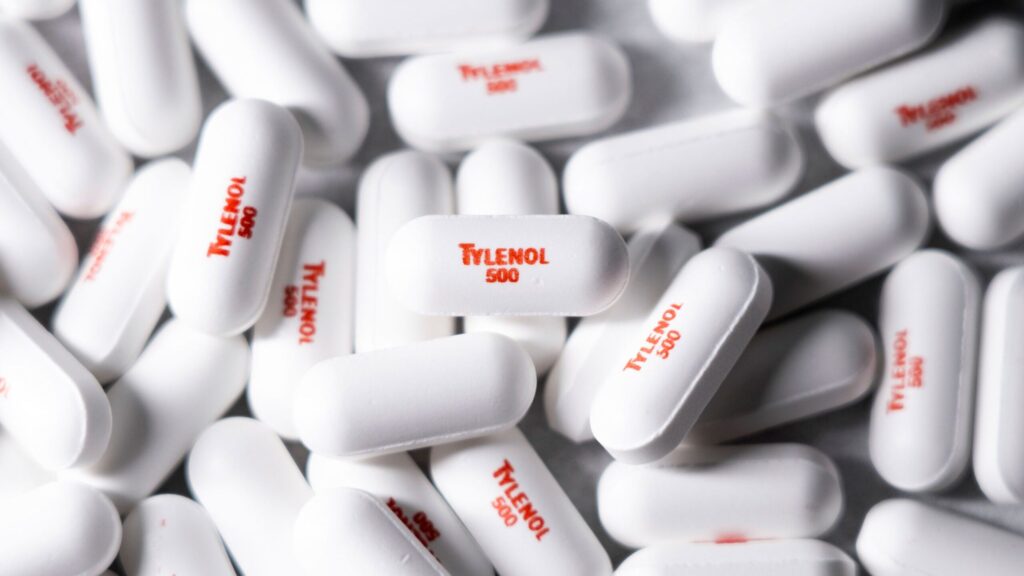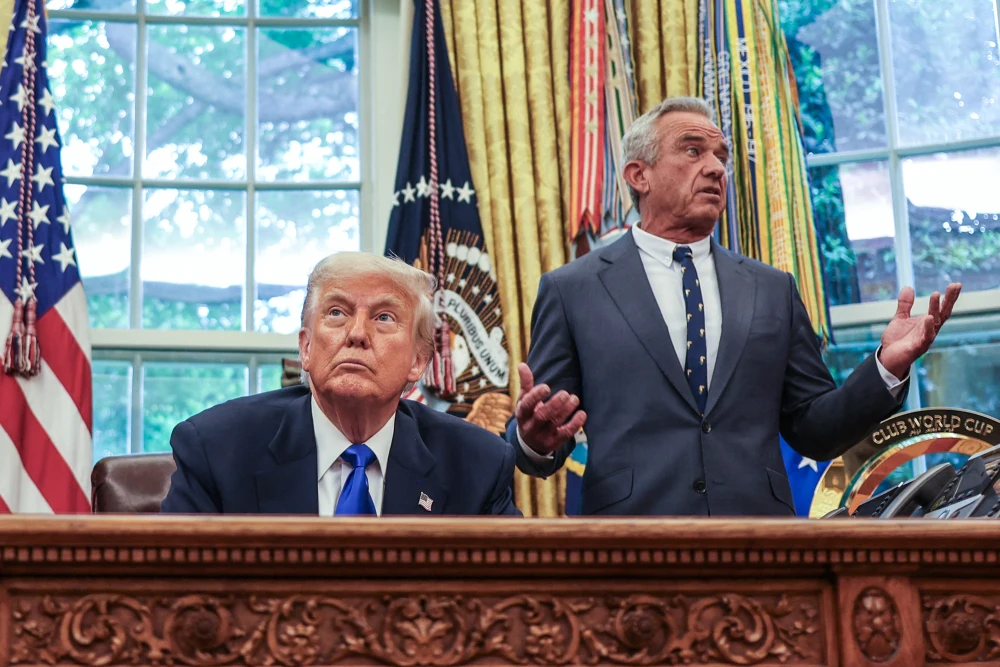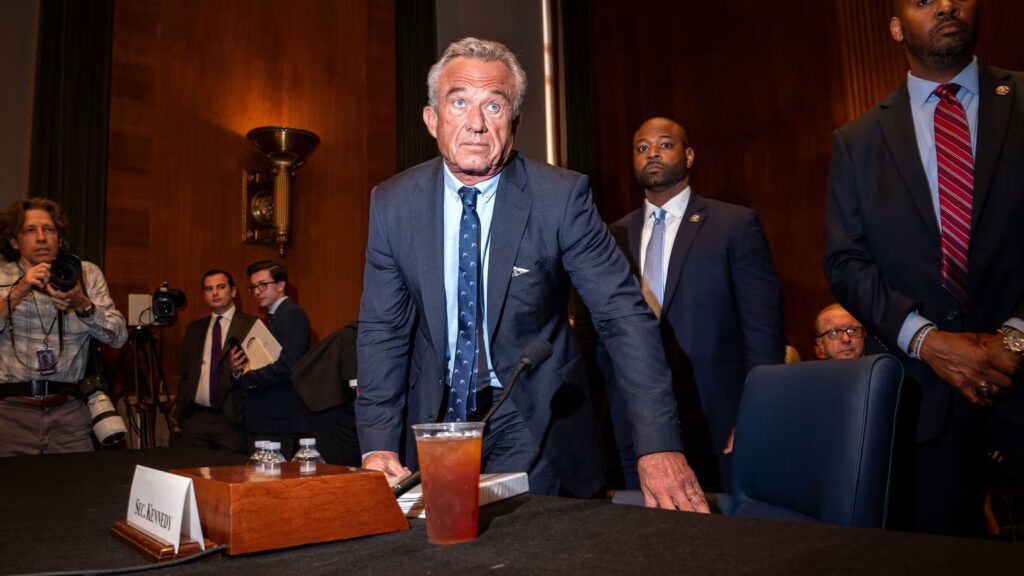Trump’s Tylenol and Vaccine Comments Spark Immediate Concern Among Parents

Hours after President Donald Trump’s announcement linking acetaminophen use during pregnancy with autism in children, a mother sat in my office, sobbing. Had she caused her child’s autism by treating the debilitating headaches she suffered while she was pregnant?
In the room next door, a mother of three who had never before questioned vaccines asked that we space out her youngest’s shots to one per visit. She had watched Trump say this may be better, she said, and she just couldn’t forgive herself if something happened to her child later.
And down the hall, yet another mother reluctantly agreed to vaccinate her child at the recommended time. She would not be agreeing to all vaccines if it weren’t for the school requirement in New York City, she said.
“Taking Tylenol is not good,” Trump said Monday. “Don’t take it. Don’t take it,” he continued, encouraging women to “tough it out” and use Tylenol only if they couldn’t. His recommendation directly contradicts the current medical consensus that judicious Tylenol use in pregnancy remains safe.
In an instant, the president inserted himself into doctor-patient relationships all over the country. I knew that Trump’s words would have consequences, but I was surprised by how immediate they have been. My patients began to make different health choices and to question their prior ones almost as soon as the words were uttered.
I’m not the only one. I heard from colleagues across the country who are facing different kinds of questions and new suspicion, even from patients they know well.
Since Monday’s news conference, Dr. Scott Hadland, chief of adolescent medicine at Mass General Brigham for Children, has seen parents second-guess safe choices they made years ago. He has fielded at least a dozen phone calls, messages and questions from concerned teenage patients and their parents.
“This new surge of misinformation on Tylenol and vaccines is clearly already heightening parents’ guilt, and going to leave kids vulnerable,” he said via email.
In Georgia, a neonatal intensive care unit colleague who asked not to be named says parents are turning down Tylenol use for premature babies born with a heart condition that has long been successfully treated with the medication.
The news conference earlier this week went far beyond discussing Tylenol. Trump also gave new prominence to a personal sentiment that children may be receiving too many vaccines and questioned the need for the hepatitis B vaccine at birth.
“There’s no reason to give a baby that’s almost just born hepatitis B,” he said, despite an abundance of data showing that giving the vaccine at birth not only is safe, it decreases transmission of the virus from mother to baby during birth and further protects baby from acquiring hepatitis B from household contacts who may be unaware they have it.
The safety and need for the hepatitis B vaccine were also questioned at the highly publicized meeting of the US Centers for Disease Control and Prevention’s vaccine advisers last week, when a panel stacked with US Health and Human Services Secretary Robert F. Kennedy Jr.’s hand-selected experts debated the newborn dose, which has been recommended since 1991, but ultimately tabled a vote till later.
In Pennsylvania, Dr. Joanna Parga-Belinkie, a neonatologist who works at a well-baby nursery, started seeing parents declining the hepatitis B vaccine at birth five years ago. This led her and her team to launch a quality improvement project to better understand how they should tailor conversations about the vaccine. But in recent weeks and months, parents are arriving at the delivery room with their minds made up. Attempting to have a conversation is perceived as pressure, which leaves little room to build trust or help people understand any risks or benefits.
“It leaves everyone feeling badly about it,” Parga-Belinkie, who recently launched a website to combat pediatric myths and rumors, said in an email.
The sad irony of the immediate consequences of Trump’s news conference is that, for all the doubt sown, the actual recommendations from Trump’s own Health and Human Services Department have not changed existing medical guidance.
SOURCE: CNN News
: 168







